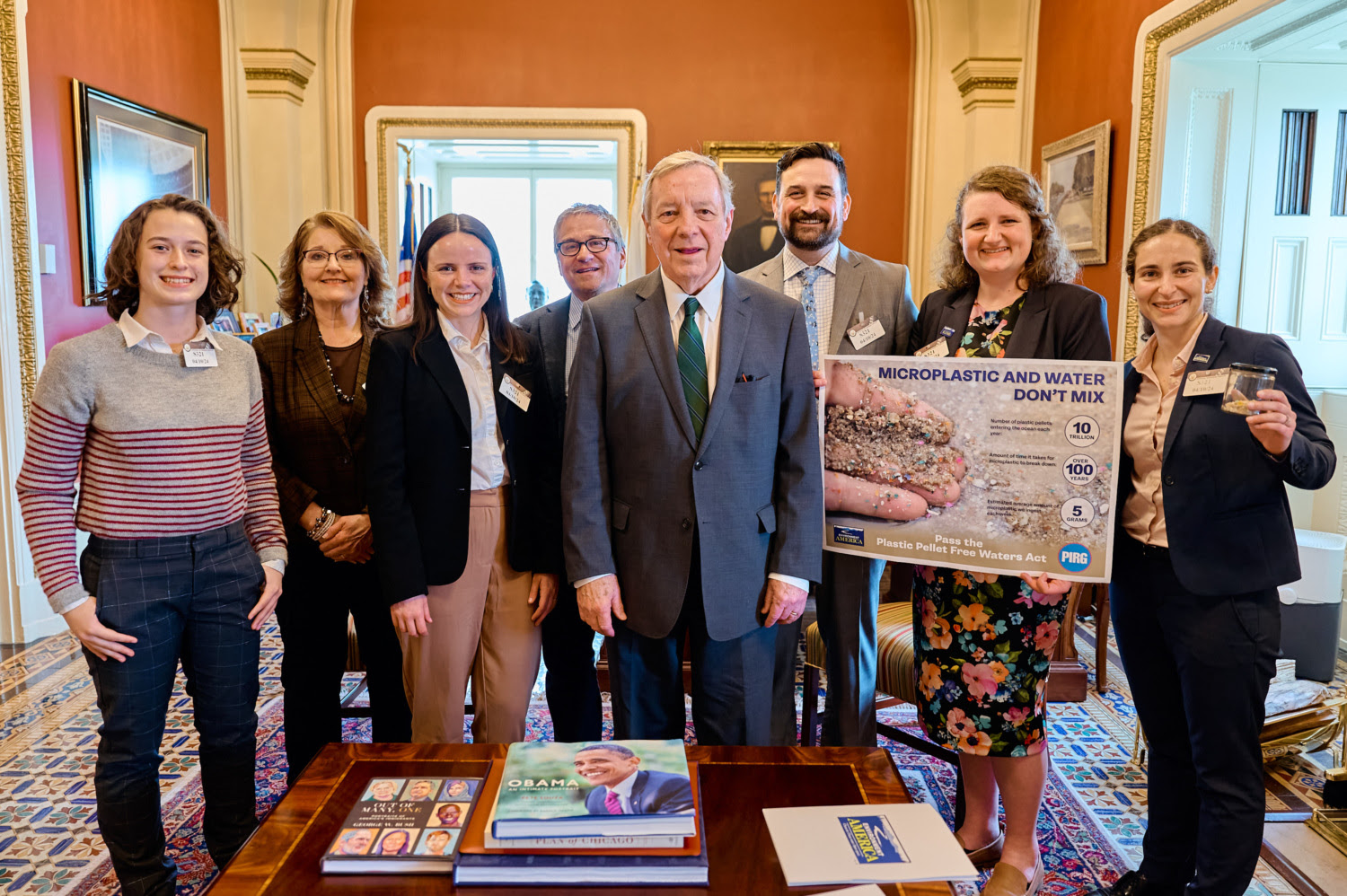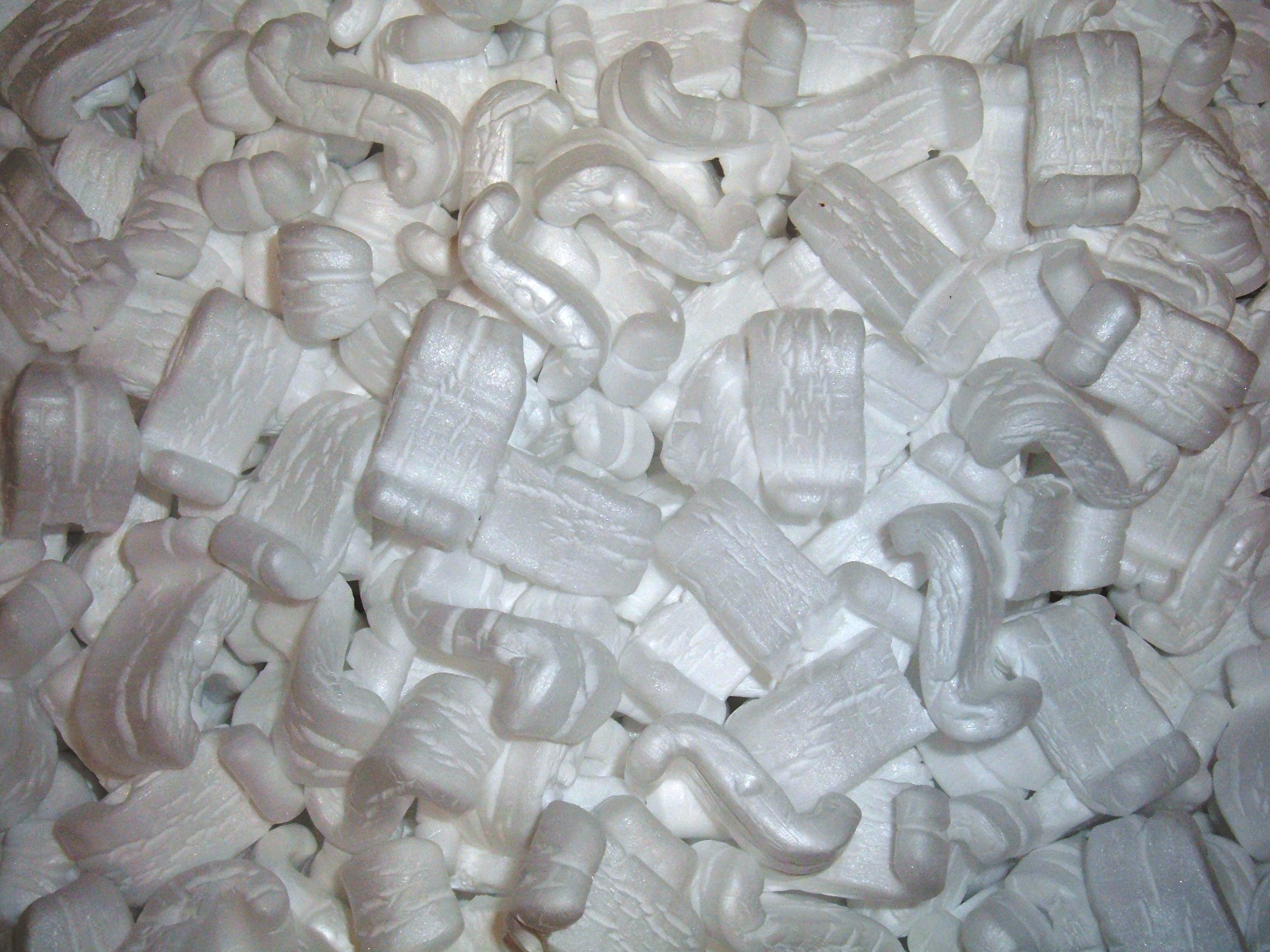

Faye
Park
Executive Vice President; President, PIRG
Started on staff: 1992
B.S., magna cum laude and Phi Beta Kappa, Williams College
As president of PIRG, Faye is a leading voice for consumer protection and public health in the United States. She has been quoted in major news outlets, including CBS News and the Washington Post, about issues ranging from getting toxic chemicals out of children’s products to protecting Americans from predatory lending practices. Faye also serves as the executive vice president for The Public Interest Network, which PIRG founded. Faye began her public interest career as a student volunteer with MASSPIRG Students at Williams College. After graduating in 1992, she began working with the Student PIRGs in California as a campus organizer and organizing director, working on campaigns to help students register to vote and to promote recycling. She lives in Denver with her family.
We’re working to build an organization for the long haul
Posts by Faye Park


PIRG’s warmest wishes for a safe and happy new year

Lawn care goes electric
More Americans across the country are ready to say, 'Get off my lawn!' to their noisy, polluting, gasoline-powered lawn mowers, trimmers and leaf blowers.

Walmart is America’s largest grocer — and a big source of plastic waste
Walmart is America’s largest grocer. By taking action to reduce its plastic packaging, it could trigger a domino effect across the industry.

The Countdown to Zero Waste – June Update
Our country has a waste problem. It's time for new solutions and a renewed commitment to move toward zero waste. PIRG and Environment America's advocates, organizers and members are promoting ways to reduce what we consume, reuse what we can, and recycle the rest.
